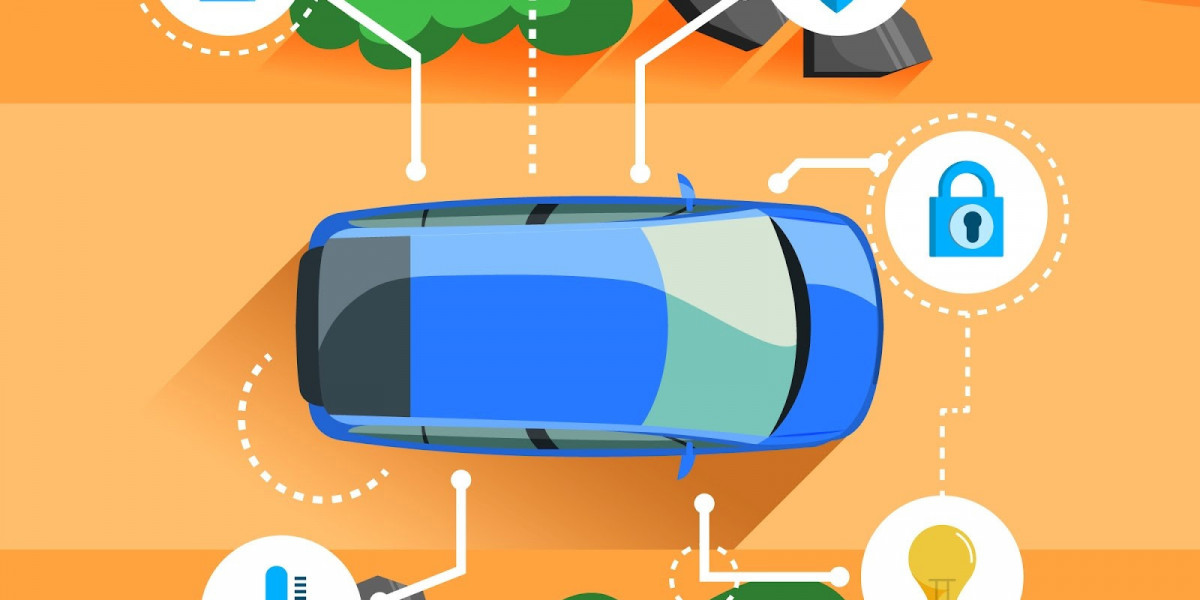At its core, eSync operates as a robust over-the-air (OTA) update and data synchronization platform, enabling seamless communication between vehicles, backend servers, and external devices. Here's a glimpse into how eSync functions within the automotive ecosystem:
OTA Updates: eSync facilitates secure and efficient OTA updates for in-vehicle software, including infotainment systems, telematics modules, electronic control units (ECUs), and other embedded systems. These updates can encompass bug fixes, feature enhancements, security patches, and even firmware updates for various vehicle components.
Data Synchronization: eSync ensures synchronization of data across different vehicle systems and components, enabling real-time exchange of information between onboard sensors, controllers, and cloud-based servers. This synchronization is crucial for applications such as predictive maintenance, remote diagnostics, and fleet management.
Diagnostics and Health Monitoring: By providing remote access to vehicle diagnostics and health data, eSync enables proactive maintenance and troubleshooting, minimizing vehicle downtime and enhancing operational efficiency. Automotive manufacturers and service providers can remotely monitor vehicle health parameters, identify potential issues, and take preventive measures before they escalate.
Significance of eSync in the Automotive Industry
The adoption of eSync brings several transformative benefits to the automotive industry:
Enhanced Safety and Reliability: eSync facilitates timely deployment of software updates and security patches, ensuring that vehicles remain up-to-date with the latest features and safety enhancements. This helps mitigate potential cybersecurity threats and ensures optimal performance and reliability of vehicle systems.
Improved User Experience: With eSync-enabled OTA updates, automotive manufacturers can deliver new features, performance improvements, and personalized experiences to vehicle owners without the need for manual intervention or dealership visits. This enhances user satisfaction and brand loyalty while keeping vehicles technologically relevant throughout their lifecycle.
Cost Savings and Operational Efficiency: By streamlining software updates and diagnostics processes, eSync helps automotive OEMs and fleet operators reduce maintenance costs, minimize recalls, and optimize vehicle uptime. Additionally, remote diagnostics capabilities enable proactive maintenance, reducing the likelihood of costly breakdowns and service disruptions.
Scalability and Future-Proofing: eSync's standardized platform architecture ensures compatibility with a wide range of automotive systems and protocols, enabling seamless integration across diverse vehicle platforms and ecosystems. This scalability and interoperability future-proof automotive systems, allowing for easy adaptation to emerging technologies and industry standards.
Conclusion
As the automotive industry continues its digital transformation journey, connectivity and software innovation are poised to play a pivotal role in shaping the vehicles of tomorrow. eSync emerges as a key enabler, providing a standardized platform for OTA updates, data synchronization, and remote diagnostics across the automotive ecosystem. By enhancing safety, reliability, user experience, and operational efficiency, eSync paves the way for a smarter, more connected, and sustainable automotive future.








